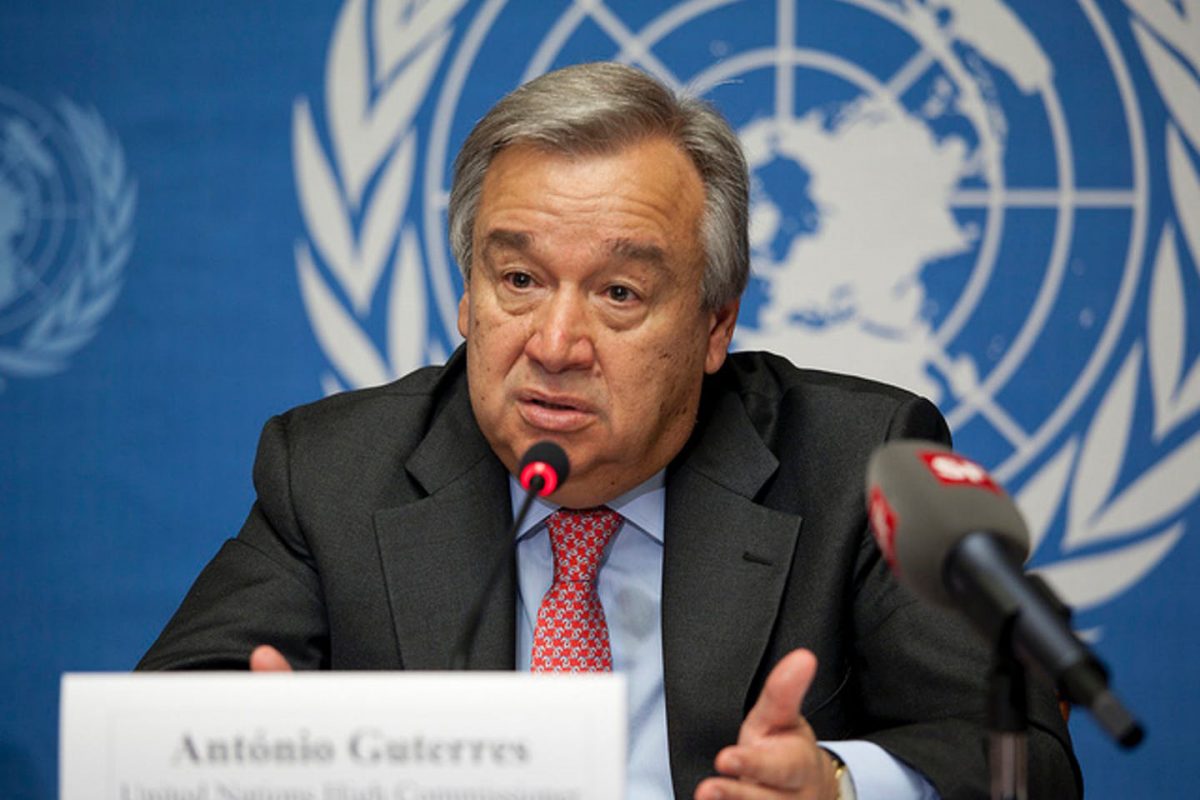Just over a year after the global community was thrown into a tailspin by the sudden, devastating visitation by the coronavirus pandemic, the planet has been delivered more bad news about the threatened intervention of a phenomenon that could pose a no less deadly threat to the well-being of the international community.
This week, the recently released World Meteorological Organization (WMO) State of the Global Climate report revealed that the earth’s temperature is continuing to rise unabated with 2020 being one of the three hottest years on record. Last year the global average temperature was about 1.2 degrees Celsius above pre-industrial levels. A figure which the report says is “dangerously close” to the 1.5-degree Celsius limit being advocated by climate scientists as a cutoff point for staving off the worst excesses of climate change.
At a press conference convened by the UN to release the findings of the report, United Nations Secretary General António Guterres is quoted as saying that the international community is “on the verge of a crisis.”
In comments which appeared to place the level of urgency linked to the global climate change crisis to that now associated with pushing back the COVID-19 crisis, Guterres urged that the trillions of dollars invested by mostly developed countries in recovery from the pandemic be aligned with the Paris Agreement and climate change and the Sustainable Development Goals (SDG’s) and that the subsidies targeting fossil fuels be shifted to renewable energy.
In a pronouncement the appears designed to shift the global climate change issue to a significantly higher plain, the UN Secretary General declared that the planet is “on the verge of an abyss” and added that this year, 2021 “must be the year for action.”
With the recovery and use of fossil fuel fuels having been cited as a key consideration linked to the worsening global climate change situation, hopes of oil and gas-related economic transformation being articulated by poor countries are likely to come under pressure from a climate change lobby that is now likely to be stiffened by more robust UN backing. The State of the Global Climate report also noted how climate change undermines sustainable development efforts, through a cascading chain of interrelated events that can worsen existing inequalities.
The recently released World Meteorological Organi-zation State of the Global Climate Report could also ignite further tensions between an entrenched global oil and gas industry and a global agricultural sector that continues to peck away at the impact of continuing climate shifts of agriculture and its related industries. Crop production and livestock, particularly, the largest and most critical global food industries are highly sensitive to climate shifts including increases in temperature, with low income, heavily populated countries in Sub-Saharan Africa and Latin America already being impacted by food insecurity linked in large measure to poor agricultural productivity which climate change is expected to exacerbate, going forward.
Whereas some climate commitments articulated over the years have fallen short in terms of effective implementation of commitments made on paper, Guterres says that commitments and plans, going forward, must be backed with immediate action. “Developed countries must lead in phasing out coal – by 2030 in OECD countries, and 2040 elsewhere. No new coal power plants should be built,” the UN Secretary General is quoted as saying.






